Month: August 2025
Please follow and like us:
The Real Burnout: Why Leadership Isn’t About Hardening Your Heart
Please follow and like us:
Entrepreneurship Isn’t Rowing Harder: It’s Knowing When to Hand Over the Oars
Please follow and like us:
When the System Forgets Entrepreneurs: Rethinking Employment in America
Please follow and like us:
Delegation Done Right: Ethical Outsourcing That Changes Lives
Please follow and like us:
The Hiring Conversation: Building Teams with Heart
Please follow and like us:
For a long time, I turned a blind eye to this…
Please follow and like us:

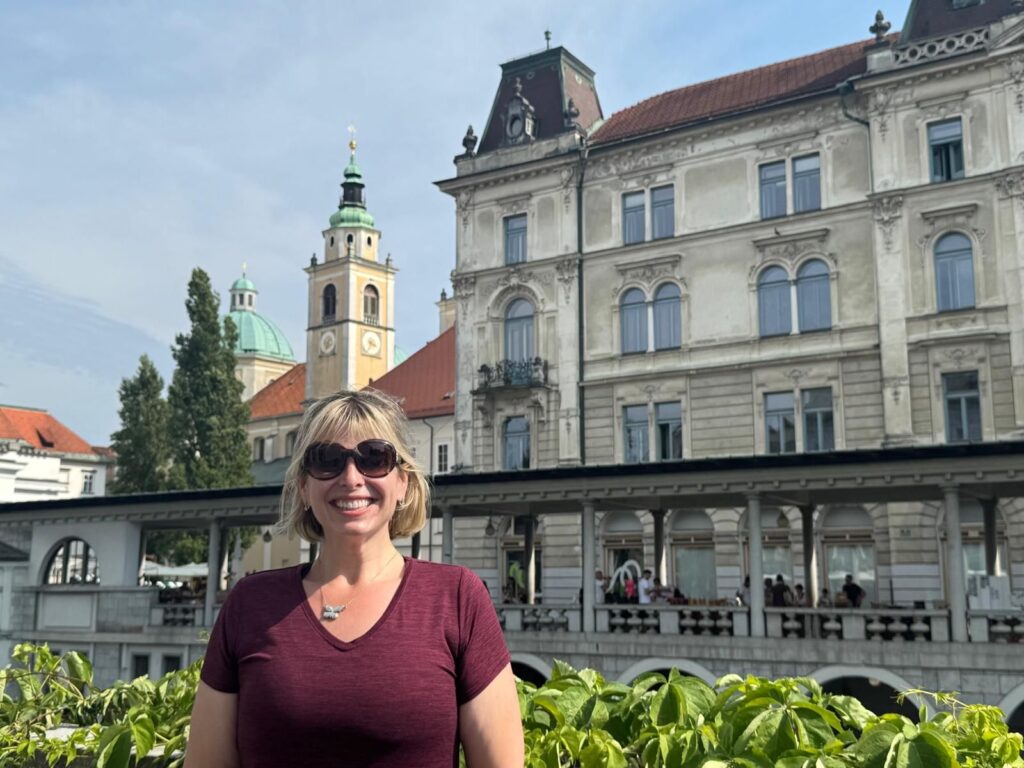
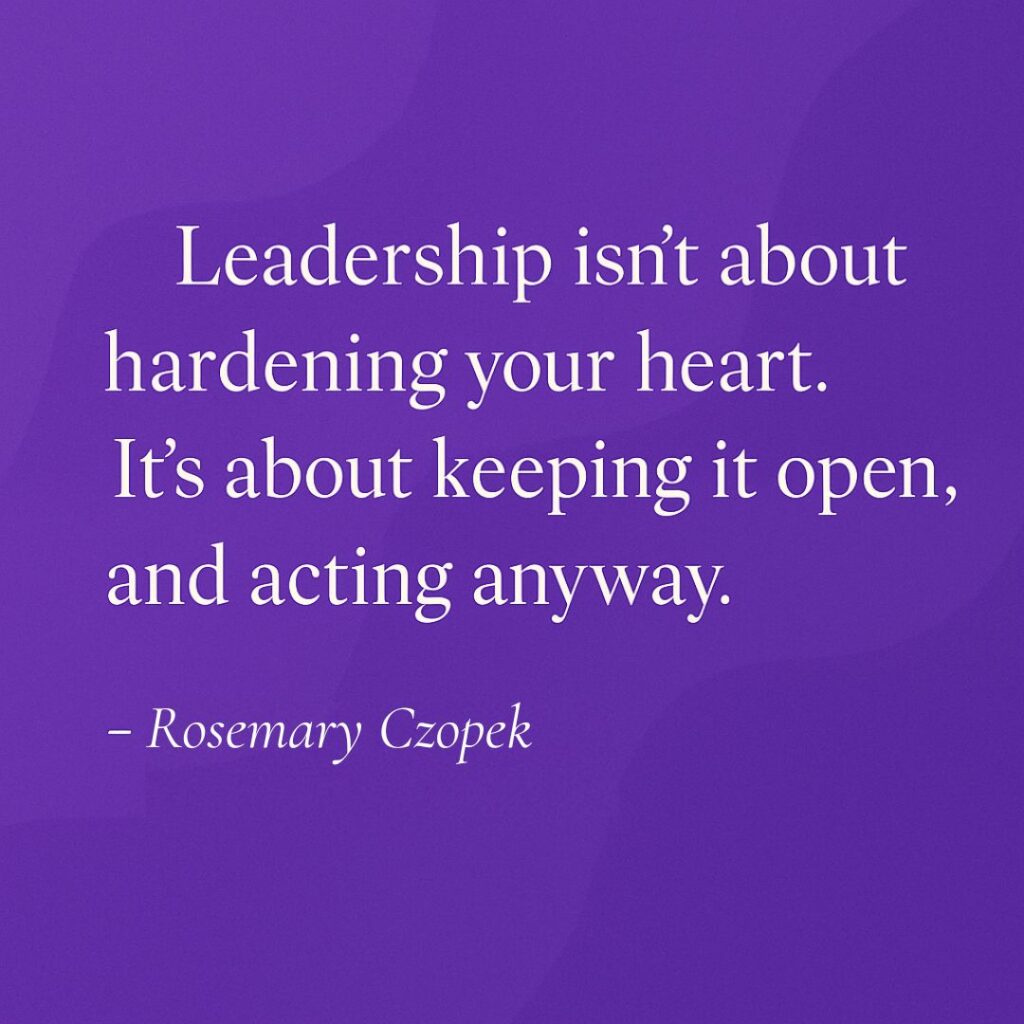
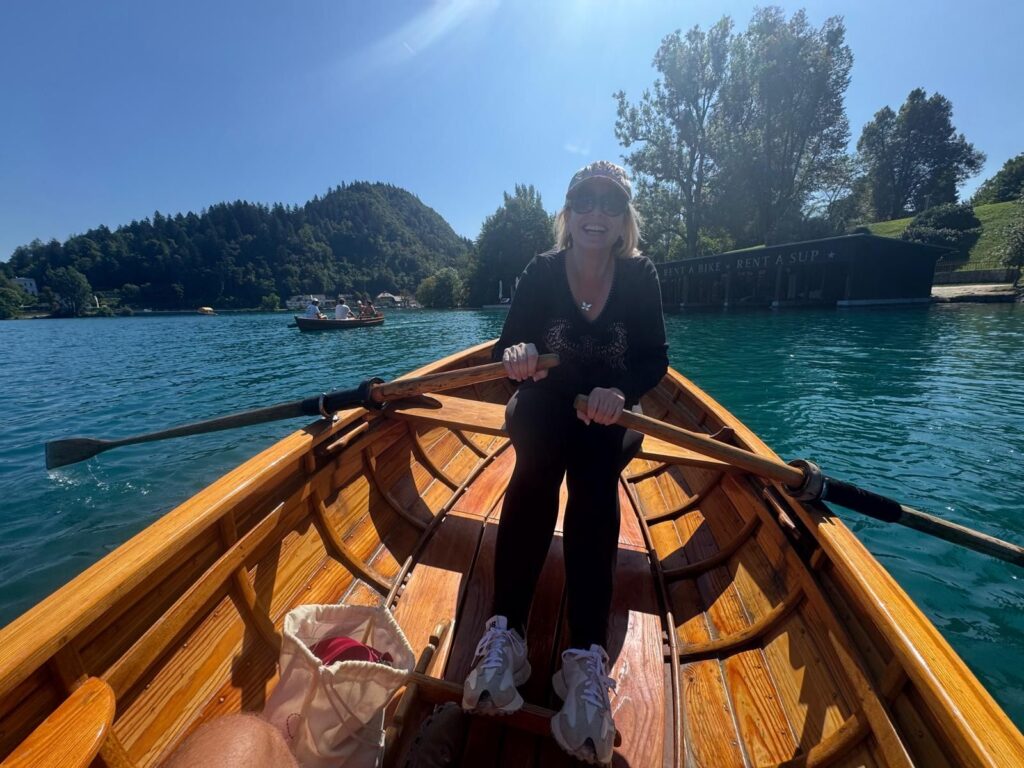
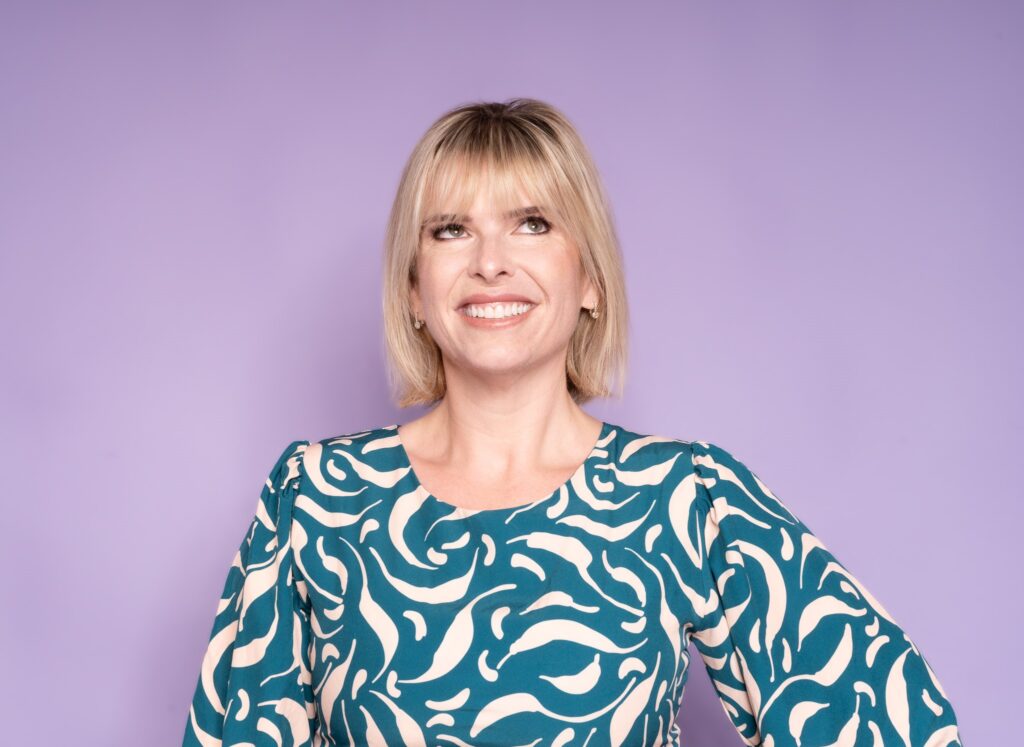
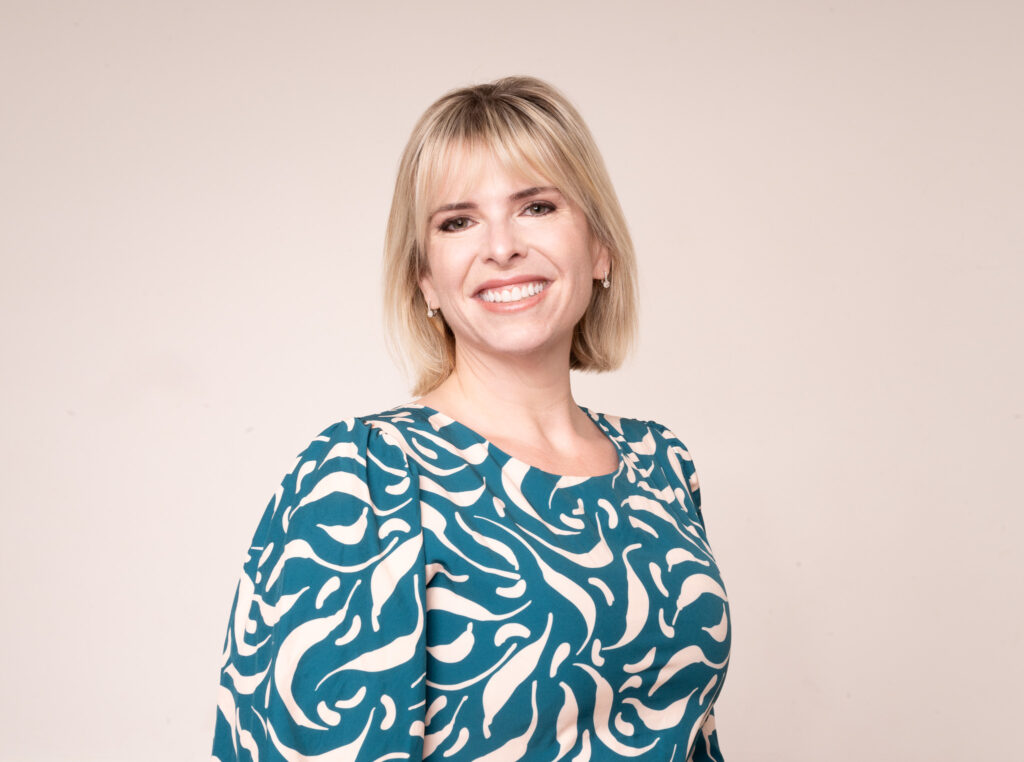
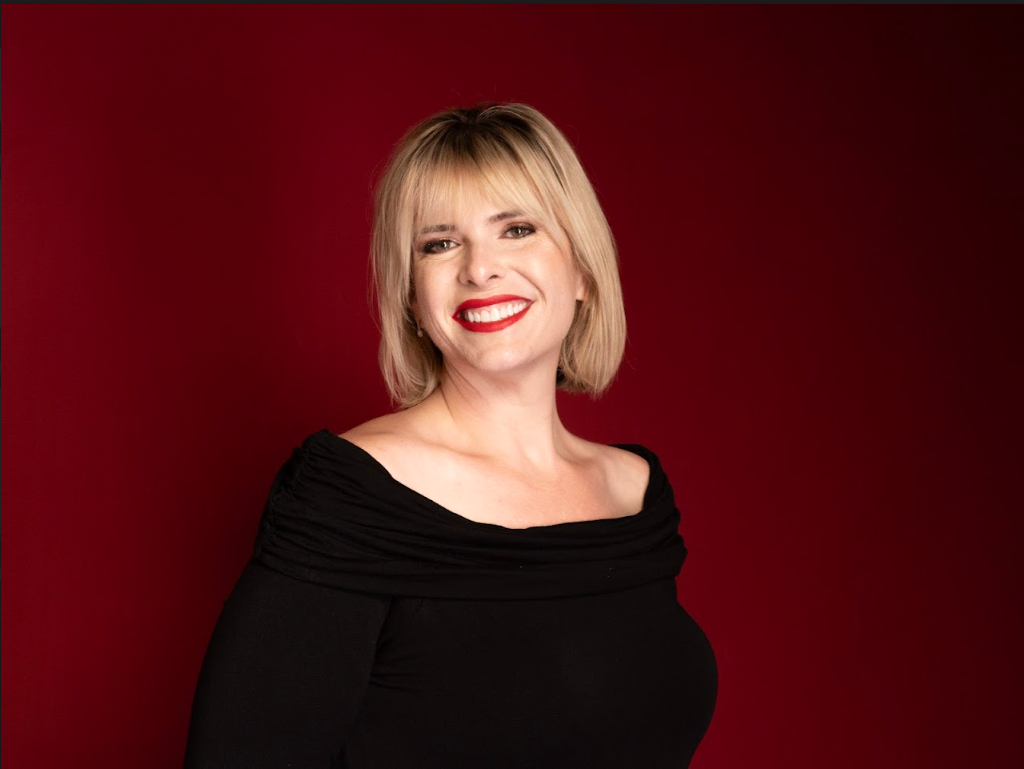

Recent Comments